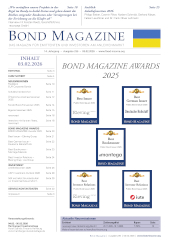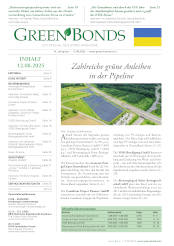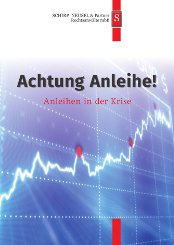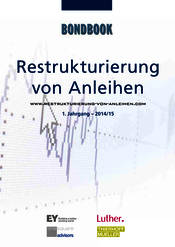The Kobe earthquake in 1995 resulted in weaker equity markets, lower rates and a stronger yen. In the short run, this kind of crisis will have a negative impact on the Japanese economy. However, the initial slowdown in growth is usually followed by a rebound as the rebuilding of infrastructure eventually leads to improvements in the economy, sometimes at a faster pace than market expectations. After the Kobe earthquake, the overall impact to economic growth was not so great with slightly negative growth in the early stages following the earthquake and positive growth in the later stages as spending on infrastructure increased.
This time the earthquake has impacted a broader area than the Kobe earthquake, but the damage has been inflicted mainly on rural communities and not on industrial centres. The economic impact, however, may be similar to the one in Kobe, as the country is facing the added shortage of electric power supply caused by the damage to infrastructure, which will place a heavy burden on economic activities in Japan. Tokyo, for example, cannot operate fully because of the lack of electric power supply. This will add to the negative impact on economic growth.
The Bank of Japan announced further monetary easing measures to provide sufficient liquidity to the financial system. All of these factors will put downward pressure on the short end of the yield curve in the short term. At the same time, the impact of the crisis will lead to a deterioration in the state of Japan’s public finances. The Japanese government will be faced with increased spending, while implementing tax reforms, including the hike of consumption tax, will become more difficult. This should eventually lead to upward pressure on the longer end of the yield curve. In situations of economic risk in the past, the Japanese government bond yield curve has tended to flatten, but markets reacted differently this time. While shorter dated bond yields declined, longer dated bond yields rose.
If the nuclear incident becomes much more serious the story could be totally different. The current crisis initially led to a modest widening in credit spreads across the globe. In terms of Western’s global portfolios, events in Japan have not directly impacted its investment policy that is premised on global growth that is likely to be muted, but positive. It has, for some time, highlighted multiple risks that were likely to cause sustained uncertainty and volatility in global bond markets and that could possibly derail the global economic recovery. More recently these risks have included the political crisis in the Middle East and the subsequent rise in the oil price. The Japanese natural disaster can now be added to this theme of increased global uncertainty and volatility.
Over recent weeks, Western has been acting to structure its portfolios against this backdrop by reducing risk. In February, as the rising oil price posed increasing downside risks to global growth, Western took additional precautions against the possibility of an abrupt swing in risk sentiment. Within its exposure to corporate bonds, it maintained an emphasis on financials (large, global institutions with diversified assets) over utilities and industrials. However, it would look to reduce overall credit risk should geopolitical tensions escalate and pressure on oil prices increase. At the same time, it added duration, particularly in the US and in longer-dated issues, which should act as an insurance against the downside risks to growth and protect against volatility in its corporate bond holdings.














